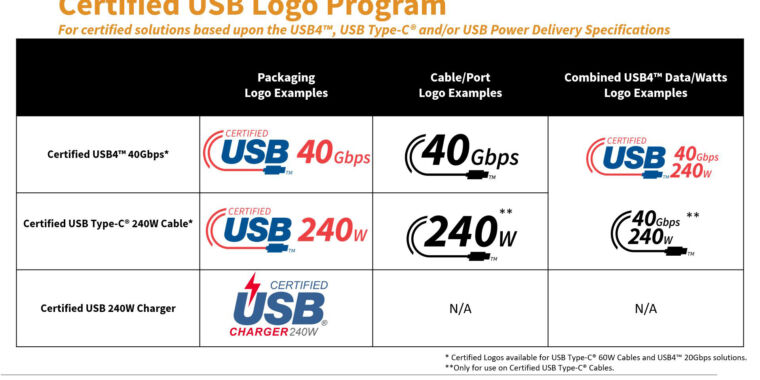
Chinese manufacturing company BYD recently announced at an investor relations event that BYD Dolphin, an electric subcompact hatchback and the first model of its Ocean series, has been launched on the e-platform 3.0.
BYD said that the e-platform has achieved full coverage from small to large cars, and will continue to be open to the industry, which is expected to speed up the development of smart electric vehicles in the world for at least three years.
At the e-platform 3.0 release conference on September 8, BYD’s concept car Ocean-X, based on e-platform 3.0, made its debut. The concept car positions itself as a mid-size sporty sedan with high performance, featuring integrated blade batteries in the car body, an 8-in-1 electric powertrain and an all-wheel-drive architecture.
According to Chinese financial news outlet Shanghai Securities News, the e-platform is a highly integrated system. The e-platform 1.0 realizes the platformization of key technologies of batteries, electric motors, electronic control while the e-platform 2.0 realizes the platformization of key system integration. Earlier, some insiders analyzed that the promotion of BYD’s e-platform will directly drive the growth of its business including lithium batteries, motors, insulated-gate bipolar transistors (an automotive power part) and other components.
According to BYD, the e-platform 3.0 can produce shorter front overhangs, wider wheelbase, a lower center of gravity, more space, sense of movement and dynamics, as well as a drag coefficient (Cd) as low as 0.21.
SEE ALSO: How Buffet-Backed BYD is Changing Public Transport, One Electric Bus at a Time
Previously, BYD has cooperated with Toyota and many other carmakers. On November 7, 2019, BYD and Toyota signed a cooperation agreement to jointly establish an R&D company for pure electric vehicles. At that time, Wang Chuanfu, Chairman and CEO of BYD, said: “Toyota and BYD joined hands to develop electric vehicles based on key technologies of BYD e-platform.”
However, BYD’s e-platform 3.0 still has many competitors. Among them, automobile enterprise BAIC Group announced on October 15, 2019, that it planned to invest 20 billion yuan ($85.922 billion) in R&D throughout the next five years, aiming to build a Beijing modular functional architecture (BMFA) hybrid platform.
Note: This article have been indexed to our site. We do not claim legitimacy, ownership or copyright of any of the content above. To see the article at original source Click Here













